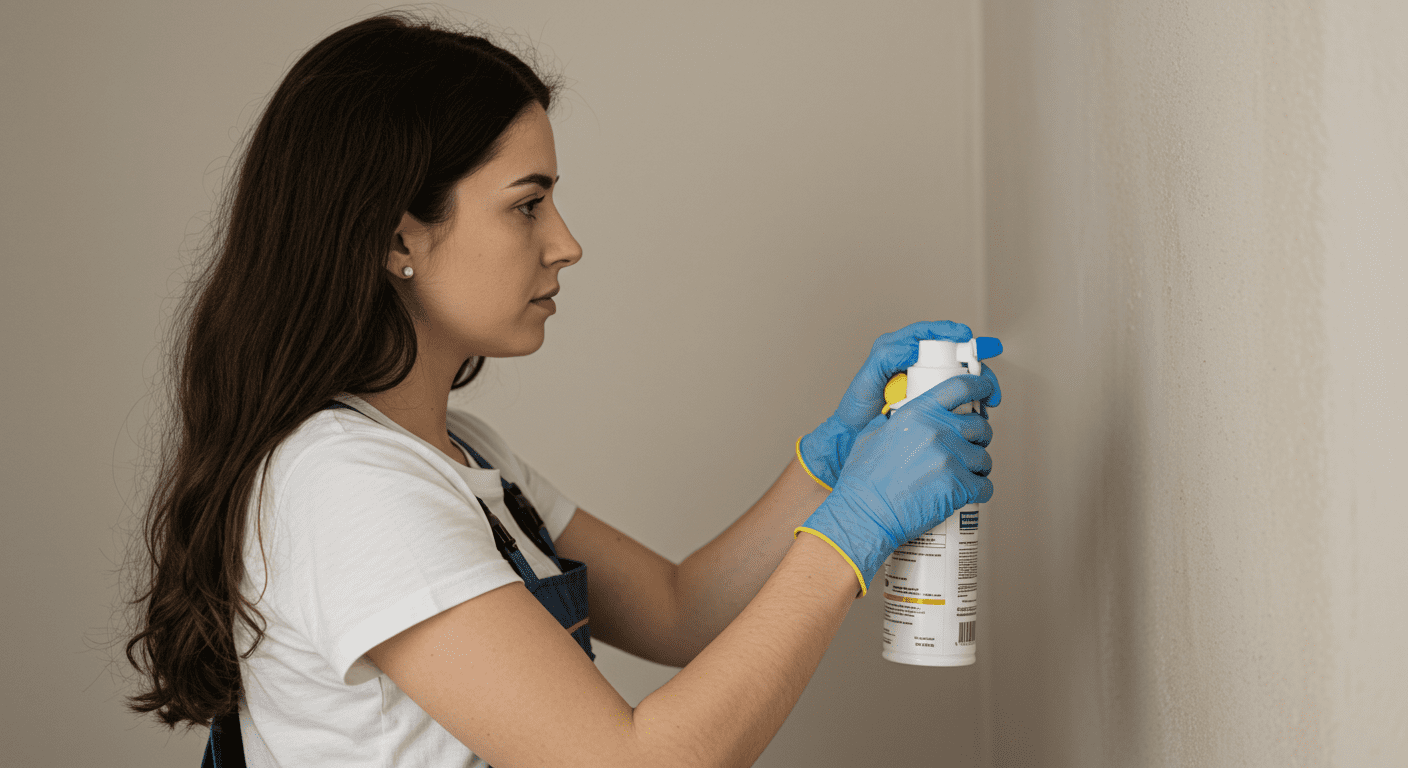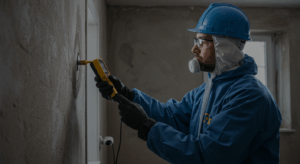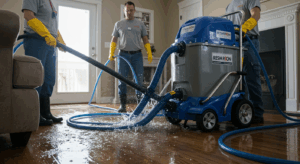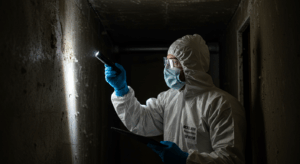Mold growth is a common issue faced by homeowners in Atlantic City, NJ, due to the region’s humid climate and proximity to water bodies. Mold not only damages property but also poses significant health risks. This article delves into the causes of mold growth, its health implications, and effective prevention and remediation strategies to help you protect your home and loved ones.
What Causes Mold to Grow?
Mold thrives in environments that provide moisture, warmth, and organic material to feed on. Understanding the factors that contribute to mold growth is the first step in preventing it.
Common Sources of Moisture
Moisture is the primary driver of mold growth. Common sources include leaks in roofs, walls, or plumbing systems, as well as condensation from HVAC systems. In Atlantic City, the high humidity levels, especially during the summer months, exacerbate the problem. Coastal storms and flooding can also introduce excess water into homes, creating ideal conditions for mold.
Environmental Conditions Favoring Mold
Mold flourishes in warm and damp environments. The coastal climate of Atlantic City, with its frequent rainfall and high humidity, provides the perfect setting for mold to thrive. Poor ventilation in homes further traps moisture, creating a breeding ground for mold spores. Basements, bathrooms, and kitchens are particularly vulnerable due to their tendency to retain moisture.
Health Risks Associated with Mold Exposure
Exposure to mold can have serious health consequences, particularly for certain vulnerable groups. Understanding these risks can help you take proactive measures to protect your family.
Vulnerable Populations
Certain groups are more susceptible to the health effects of mold exposure. These include infants, the elderly, individuals with respiratory conditions like asthma, and those with weakened immune systems. For these populations, even minimal exposure to mold can trigger severe reactions.
Symptoms of Mold Exposure
Mold exposure can lead to a range of symptoms, from mild to severe. Common symptoms include nasal congestion, coughing, wheezing, and skin irritation. Prolonged exposure can exacerbate asthma and lead to chronic respiratory issues. In extreme cases, exposure to toxic molds like black mold can result in neurological symptoms and long-term health complications.
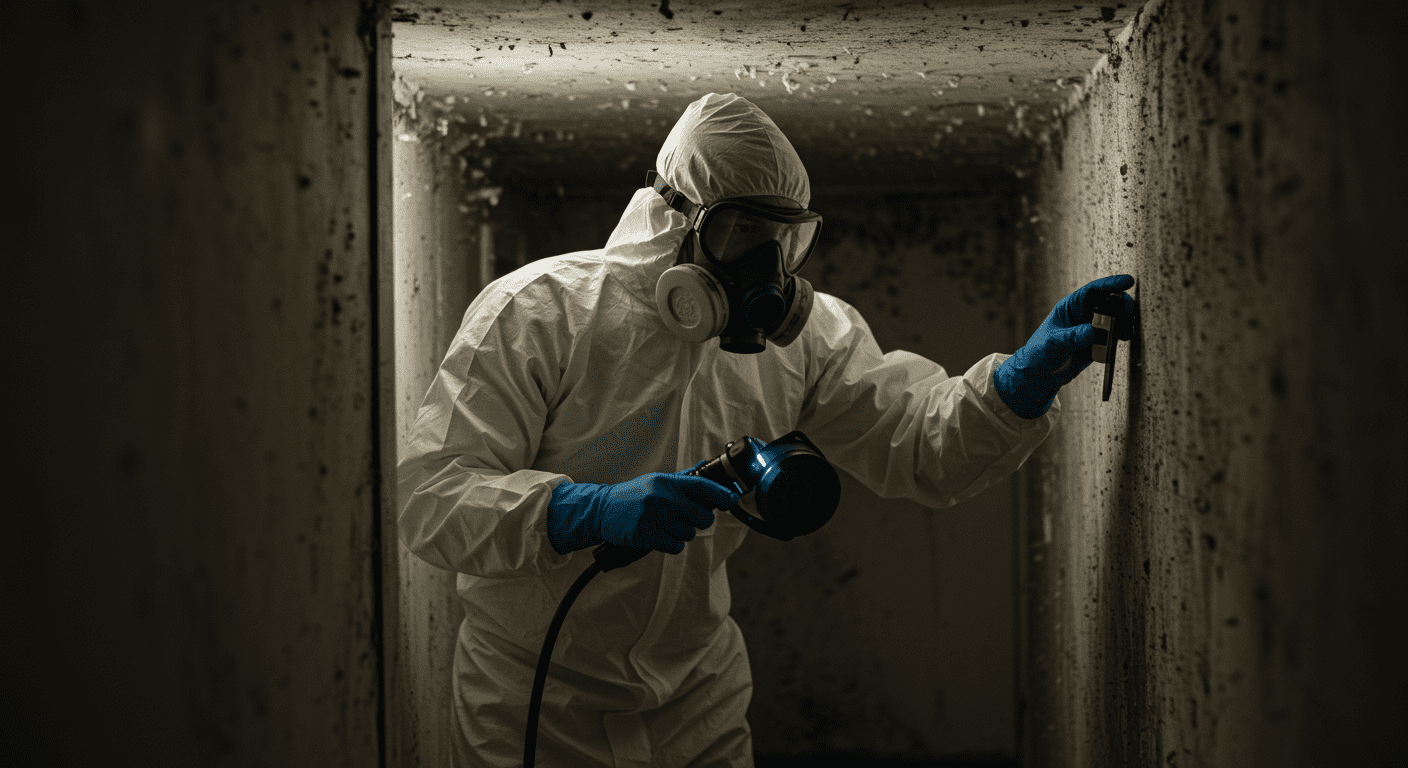
Preventing and Remediating Mold in Your Home
Prevention is the best defense against mold, but if it does occur, prompt and effective remediation is crucial.
Effective Cleaning Techniques
To prevent mold, keep your home dry and well-ventilated. Use dehumidifiers to control indoor humidity levels and fix leaks promptly. Regularly clean areas prone to moisture, such as bathrooms and kitchens, using mold-resistant cleaning solutions. If you spot mold, clean it immediately with a mixture of water and detergent. Avoid using bleach, as it can sometimes exacerbate the problem by leaving behind moisture.
When to Seek Professional Help
While minor mold issues can often be handled with DIY methods, extensive mold infestations require professional intervention. Mold remediation experts have the tools and expertise to safely remove mold and prevent it from returning. They can also identify and address the root cause of the problem, such as hidden leaks or poor ventilation.
By understanding the causes and risks of mold growth and implementing effective prevention and remediation strategies, you can safeguard your home and health. Mold is a serious issue, but with the right knowledge and actions, it can be effectively managed.
